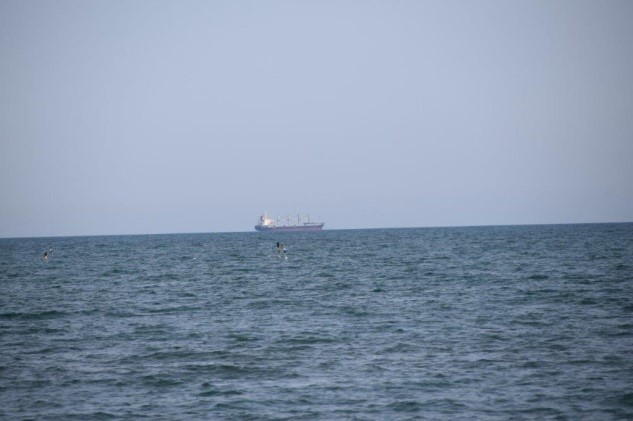
Under German law such clauses in the bill of lading terms and conditions are ineffective. The delivery of cargo requires that the consignee is put in a position to take possession of the goods and that he indicates his willingness to take possession. Terms and condi-tions of a bill of lading cannot facilitate delivery unilaterally, as this would undermine lia-bility for proper delivery. This, however, inevitably presupposes that the consignee is informed where and when he can collect the cargo.
The Higher Regional Court of Thuringia recently informed the plaintiff in a litigation relat-ing to that question that his appeal had no chance of success. (Decision of June 25, 2019, Ref.: 7 U 119/19.) The first instance had decided that the carrier has to repay the demurrage costs.
Maxim Miskewych, Attorney at law and bar certified specialist in international business law
